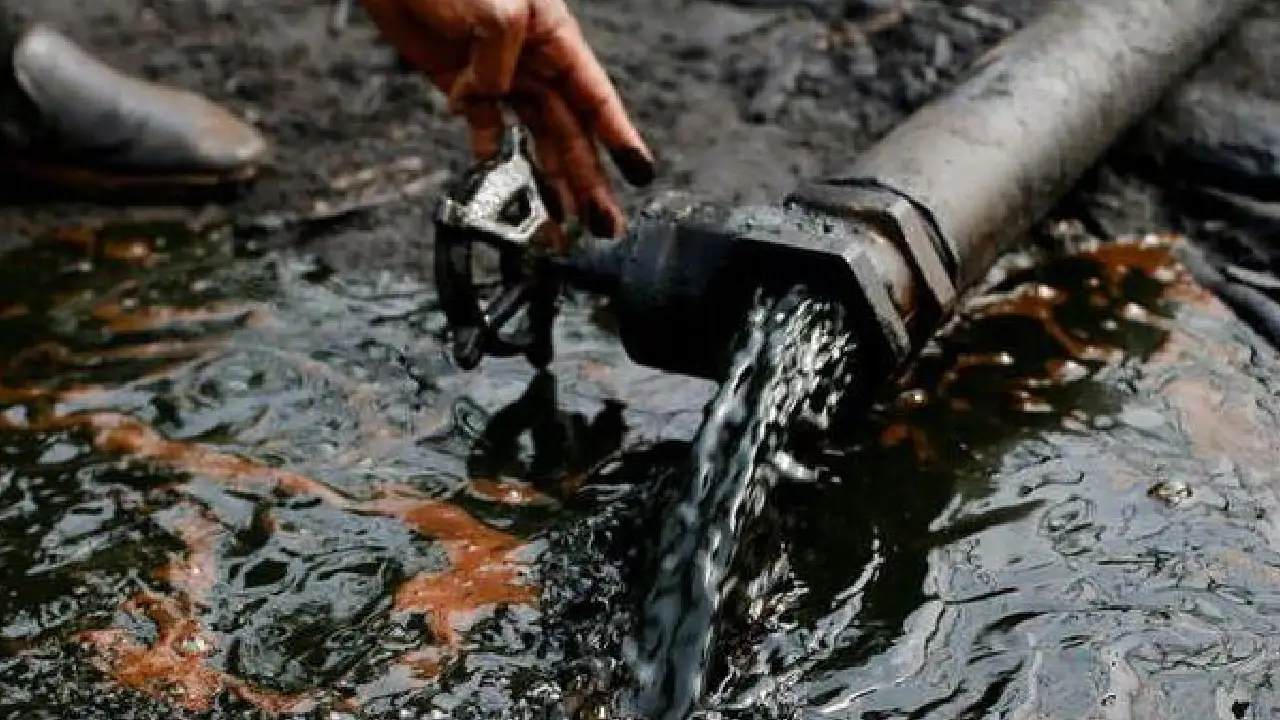
Economic Impact of Crude Oil Theft in Nigeria
Crude Oil Theft in Nigeria: A Deep-Rooted Issue
Leaders and activists in the South-South region have highlighted the complex networks involved in crude oil theft, pointing to significant players within politics and the oil industry. These networks, entrenched over the years, are shielded by a lack of political will from the government.
PANDEF’s Stand
The Pan Niger Delta Forum (PANDEF) asserts that the government struggles to curb oil theft because those involved are within the government itself. PANDEF spokesperson, Hon. Ken Robinson, emphasized that high-ranking officials, military elements, and oil industry executives collaborate with international syndicates, making it a herculean task for the government to intervene effectively.
Government and IOC Partnerships
Critics argue that the partnership between the government and International Oil Companies (IOCs) impedes accurate metering of oil fields and exports. This opaque arrangement enables the theft to continue unchecked.
Voices from the Niger Delta
Prominent figures like ex-DESOPADEC board member Chief Ominimini Obiuwevbi and environmental activist Dr. Nnimmo Bassey have called out the inefficiency and collusion within government agencies. They suggest that proper monitoring technology and a commitment to transparency could drastically reduce theft.
The Call for Accountability
There is a consensus among stakeholders that the government must prioritize national interest over personal gains. Professor Benjamin Okaba of the Ijaw National Congress (INC) and former Akwa Ibom Attorney-General Uwemedimo Nwoko argue that political will and stringent measures against high-level conspirators are crucial.
Proposed Solutions
Activists and leaders propose several solutions, including:
- Enhanced monitoring and metering of oil production and exports.
- Transparent partnerships between the government and IOCs.
- Comprehensive prosecution of those involved in theft, regardless of their status.
- Environmental remediation and community engagement to address the fallout of illegal activities.
Conclusion
The intricate web of oil theft in Nigeria highlights the need for robust governance, transparency, and a collective effort to address this deeply entrenched issue. The voices from the Niger Delta continue to push for justice and accountability to protect their land and resources from exploitation.